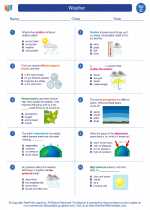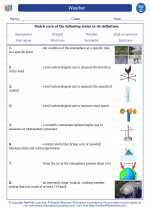Oil
Oil is a type of liquid that is made up of hydrocarbons, which are molecules made of hydrogen and carbon atoms. It is found naturally beneath the Earth's surface and is extracted through the process of drilling. Oil is a valuable natural resource that is used for various purposes, including fuel for transportation, heating, and electricity generation.
Properties of Oil:
- Viscosity: Oil is thick and sticky, with a high viscosity that makes it flow slowly.
- Flammability: Oil is flammable and can be used as a fuel source.
- Insolubility: Oil does not mix with water and is insoluble in it.
- Color: Oil comes in various colors, ranging from clear to dark brown, depending on its composition.
Uses of Oil:
Oil has numerous uses in modern society, including:
- Transportation fuel for cars, airplanes, and ships
- Heating homes and buildings
- Production of electricity through oil-fired power plants
- Manufacturing of plastics, lubricants, and chemical products
Environmental Impact:
The use of oil can have significant environmental impacts, such as air and water pollution, as well as contributing to climate change through the release of greenhouse gases when burned as a fuel.
Study Guide:
Here are some key points to remember about oil:
- What are the main components of oil?
- What are the properties of oil?
- What are the primary uses of oil?
- What are the environmental impacts of using oil?
- How is oil extracted from the Earth?
[Oil] Related Worksheets and Study Guides:
.◂Science Worksheets and Study Guides Third Grade. Weather
Study Guide Weather
Weather  Worksheet/Answer key
Worksheet/Answer key Weather
Weather  Worksheet/Answer key
Worksheet/Answer key Weather
Weather  Worksheet/Answer key
Worksheet/Answer key Weather
Weather  Vocabulary/Answer key
Vocabulary/Answer key Weather
Weather  Vocabulary/Answer key
Vocabulary/Answer key Weather
Weather 

 Worksheet/Answer key
Worksheet/Answer key
 Worksheet/Answer key
Worksheet/Answer key
 Worksheet/Answer key
Worksheet/Answer key
 Vocabulary/Answer key
Vocabulary/Answer key
 Vocabulary/Answer key
Vocabulary/Answer key

The resources above cover the following skills:
EARTH AND SPACE SCIENCE (NGSS)
Earth’s Systems
Students who demonstrate understanding can:
Represent data in tables and graphical displays to describe typical weather conditions expected during a particular season.